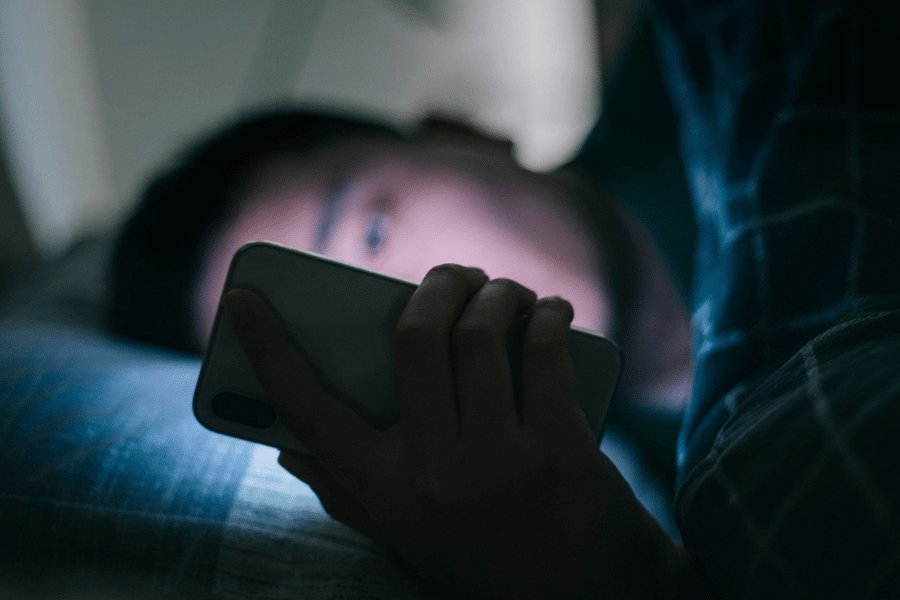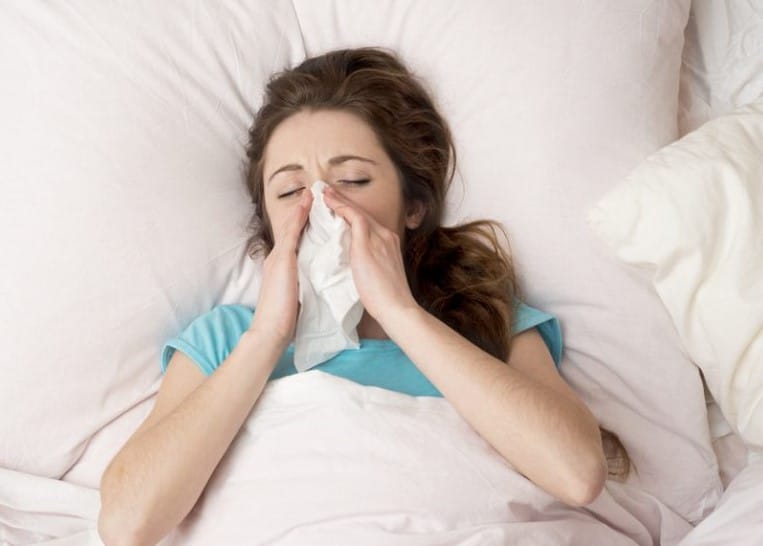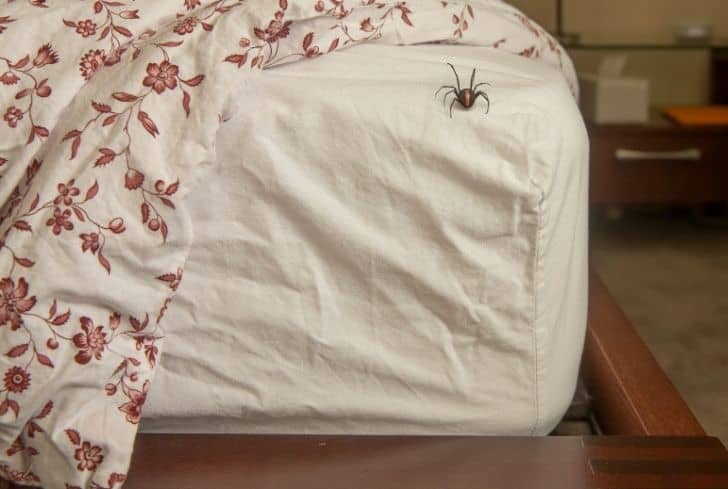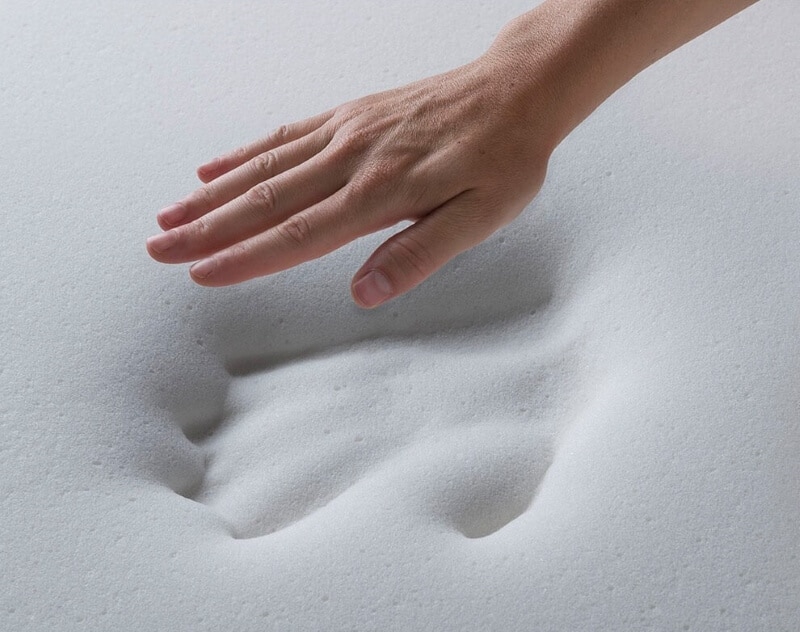

Around 10-30% of adults struggle with insomnia, which is considered chronic, with up to 50% of older adults suffering from it to some degree. Even if you don’t struggle with insomnia, the chances are with the world as it is, and all of us struggling to find balance, you have struggled with your sleep at some point.
Would you love to know how to go to sleep quickly and easily without having to struggle? To help you feel refreshed and get the sleep you deserve, we’ve collected tons of handy information so you can learn how to fall asleep fast. We’ve focused on tried and tested methods that really do work so that you can get the zzz’s you deserve. Let’s take a look at all the different proven techniques we found to help you fall asleep fast:
We all know that a lack of sleep can make you feel groggy, grumpy, and lethargic until you catch up on it again. When you continually miss out on sleep, you get something called sleep deprivation, which is where you have continually missed out on sleep, and you are sleep deprived.
When this happens, your health can be affected to various degrees. Symptoms you are experiencing insomnia, which is the inability to fall asleep or stay asleep all night, include:
There are many reasons you might not know how to fall asleep easily and fast, and you’re struggling with insomnia and sleep problems in general. Here are some of the most common reasons that you may be struggling with falling asleep:
Light
We need something called melatonin to get to sleep which is released by the pineal gland in response to darkness. It does this because our bodies have something called the circadian rhythm, where the natural light of the day dictates when we naturally wake and go to sleep. Without phones or artificial light, our bodies know to go to sleep when it is dark, as they always have. If you have light getting in through the curtains or other sources, it may disturb your sleep.
Blue light, in particular Trusted Source How to Manage Blue Light for Better Sleep | WebMD Blue light has a powerful effect on your body clock, called your circadian rhythm. Learn how it can prevent your body from falling asleep and what you can do about it. www.webmd.com , which comes from devices like your phone or tablet, is known to disturb sleep and can be a significant factor in sleep issues.
Noise
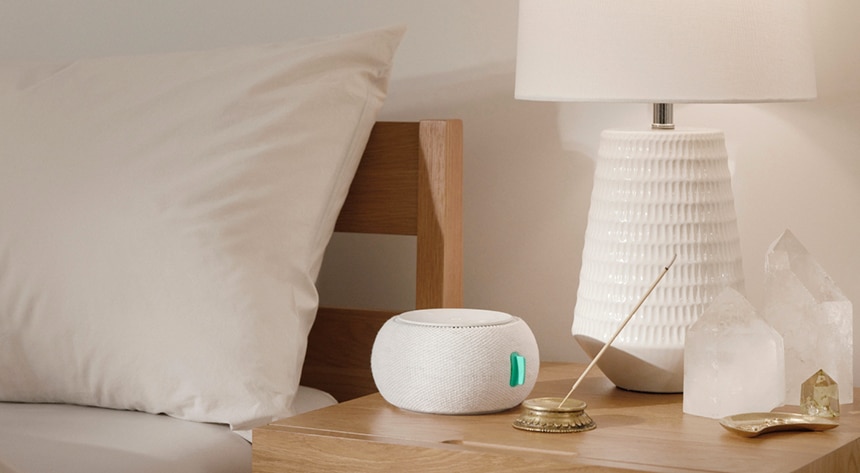
Naturally, if there is a noise, you will tune into it. TV noises from another room, music, or talking can stop you from falling asleep. However, white noise, like the kind you get from a fan blowing or a white noise machine, can actually help you get to sleep because it echoes the type of white noise we hear around us in the womb as babies.
Food and Drinks
Eating a big meal before you sleep can stop you from falling asleep because the body is creating energy from the food you have eaten. If you have consumed anything particularly sugary, you may also have a burst of energy as you get a blood sugar spike. The same can happen with drinks, especially caffeinated drinks, because caffeine is a stimulant. If you drink a lot before bed, you may also have disturbed sleep because you need to go to the toilet at night.
Dry Air
Dry air can affect your ability to fall asleep because it makes it harder to breathe. It can irritate your airways and may even lead to infections.
Strong Smells
Certain scents like lavender can help you fall asleep because they are known to make you more relaxed Trusted Source Why does the smell of lavender help you sleep? | BBC Science Focus Magazine Sweet dreams, the scent of lavender will lull you to sleep – but why? www.sciencefocus.com . However, potent smells like those coming from a housemate cooking or from food left in the room you’re sleeping in can actually have the opposite effect. The smell stimulates your senses and actively wakes you up in the same way a loud noise can.
Mental Health Issues
Mental health issues like anxiety and depression can cause us to struggle to fall asleep. Many people don’t know how to fall asleep fast with anxiety and depression. Sadly, these mood disorders display insomnia as a core symptom Trusted Source Sleep disorders as core symptoms of depression | NCBI Epidemiological studies have pointed out that insomnia in nondepressed subjects is a risk factor for later development of depression. www.ncbi.nlm.nih.gov , which then only serves to make the mental health condition worse because of the lack of sleep. It can be a vicious cycle for some people.
Warmth
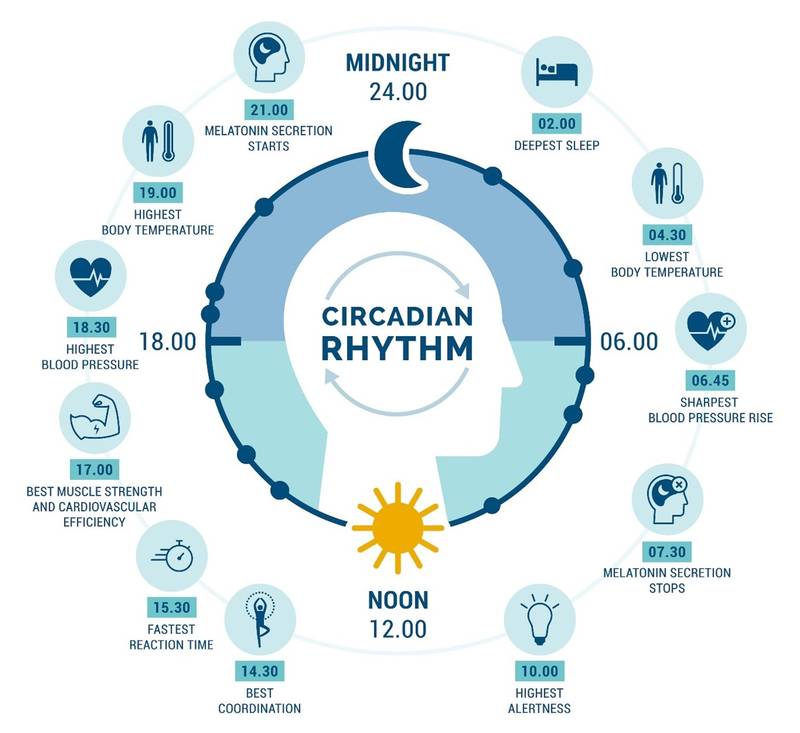
Primarily the temperature of the room we sleep in affects our comfort. We don’t like to be too cold or hot, just a comfortable temperature that lets us sleep.
To further the importance of the temperature of the room you sleep in, our bodies know that it is time to sleep when our core temperature drops. It relates to the circadian rhythm and the natural processes our body has in order to regulate sleep.
Simplified, it means that a too-hot room will prevent our core body temperature from dropping, hindering our effort to sleep. Your room should be nice and cool, but not cold so that you can get to sleep.
Pain
Pain of any kind can keep you awake, which is a common reason people with chronic pain struggle to get to sleep.
Discomfort
An uncomfortable bed, room temperature, or even our clothes can make it difficult to get to sleep.
If you get discomfort from your pillow, for example, the Winkbeds Adjust-a-Cube pillow is really handy as it is full of memory foam cubes. It makes it that bit easier to get comfortable for bed and hopefully fall asleep with more ease.
Health Conditions
Certain health conditions can cause sleep issues. Menopause, Parkinson’s Disease, Cancer, an Overactive Thyroid, and bipolar disorder can all affect sleep.
Medications
Certain medications can cause issues falling asleep. Certain anxiety medications, beta-blockers, ACE inhibitors, and corticosteroids are just some medication types that affect sleep.
Stress
Feeling stressed, like you have lots of different things to think about, can make it hard to get to sleep. This is especially true if you are worried about something like a driving test, house move, or debt, and your mind just won’t stop thinking about the event or issue.
If you are one of the many people who struggle to know how to fall asleep naturally, the good news is that there are many tried and tested techniques on how to fall asleep fast for you to try to help you finally get the rest you deserve. Here are some proven techniques to help you learn how to fall asleep fast:
Why It Works:
Many people want to know how to fall asleep fast military style because it is said to work well for anybody. Breathing and muscle relaxation combined are powerful combinations that can help anybody fall asleep quickly once mastered.
How to Do It:
Who It Works Well for:
People who want a quick and easy method to help them wind down. It is even said to be suitable for those who have to sleep in uncomfortable positions.
Why It Works:
The focus on your breathing and muscle relaxation helps you think about something other than whatever is weighing on your mind.
How to Do It:
Who It Works Well for:
People who want a structured method to help them get to sleep. Anybody with lung problems like asthma should consult a doctor before trying this technique as it may cause your symptoms to become aggravated.
Why It Works:
This technique was created by a German Psychiatrist called Johannesburg Heinrich Schultz. It works because it is a form of self-hypnosis, essentially training yourself to go to sleep on command.
How to Do It:
Who It Works Well For:
This method is thought to be particularly useful for people who suffer from SAD – Seasonal Affective Disorder.
Why It Works:
It works because you’re actively feeling the tension leave your body as you tense and release your muscles. This process is relaxing and can aid sleep.
How to Do It:
Who It Works Well for:
Those who hold a lot of tension in their bodies when they go to bed and need a way to release it.
For further tips on how to fall asleep fast, here are some handy sleep hacks:
Taking a warm shower allows your body to relax, and afterward, the process of cooling activates the sleepy feeling you get when your body core cools, as we mentioned above.
Drinking something warm is comforting for many people and reminds them of having a warm, milky drink as a child. Camomile tea is an excellent choice as it contains no caffeine and has natural relaxant properties.
You can trick your brain into falling asleep with various methods such as those above. We really love this TED talk on the topic, which gives plenty of handy further information.
Using the best socks for sleep can help to boost the blood flow to your feet and reduce the loss of heat through your skin. This process allows your body’s core to cool naturally (rather than heat leaving through your feet or head) and makes you sleep.
Immersing your face in cold water is said to lower your heart rate, which helps you feel sleepy. This should be done with caution – there is no need to hold your breath underwater, simply washing your face with cold water will have the same effect.
Comfort is important for a good night’s sleep, so your mattress really matters. Experts recommend the Alexander Signature Hybrid mattress, which has adjustable levels of firmness and anti-disturbance design features, so you’re sure to get comfortable, which is essential for falling asleep fast.
Meditation is really useful for falling asleep if you struggle to calm your mind. Try using a free meditation or mindfulness app for quick guided meditations to use before bed.
Some of the best-weighted blankets can boost melatonin levels, which is essential for a good night’s sleep. Weighted blankets are also really great for people who suffer from anxiety.
Experts tell us one of the worst things we can do to get to sleep is go to bed when we aren’t tired. Instead, read a book or do something non-stimulating and go to bed when you’re ready. This will tell your body that your bed is a place for sleep.
As we mentioned above, a too hot temperature will keep you awake because your body naturally knows to sleep when it cools down. Cooling your room can help you to fall asleep, especially when the weather is hot.
Putting on a sleep mask is really helpful for sleep if you find the tiniest bit of light keeps you awake. It’s also particularly helpful if you sleep during daytime hours because you are a night shift worker, for example.
Healthline tells us Trusted Source 6 Foods That Can Improve Sleep | Healthline There are some foods and small dietary changes you can incorporate into your day for a more restful night. www.healthline.com that bananas are full of potassium, a natural muscle relaxant that could help us sleep better. So if you’re going to have supper or a midnight snack, make it a banana.
If you are truly struggling to know how to fall asleep fast without medication, you may wish to turn to sleep tablets or similar drugs or medicines.
It is a good idea to speak to your doctor if you don’t know how to fall asleep fast without pills, as they can help you explore the issue and the root of the problem. They may have their own methods and tricks so you can learn how to go to sleep fast without medication in the future.
You may also be offered talking therapies and other guidance, or even alternative medication so that you can deal with the root problems causing you to struggle with sleep.
When you don’t know how to fall asleep fast, it can be stressful and really impactful in your waking life. Your social life, mental health, physical health, and even your career may suffer as a result. Who needs it?
With the methods and tips above, you have lots to try to help you get some sleep and avoid this complicated pattern of insomnia getting worse. With luck and perseverance, we hope you can find the right technique to help you get some well-deserved rest that leaves you feeling more in control, relaxed, and ready to face each day. ZZZ’s Ahoy!
